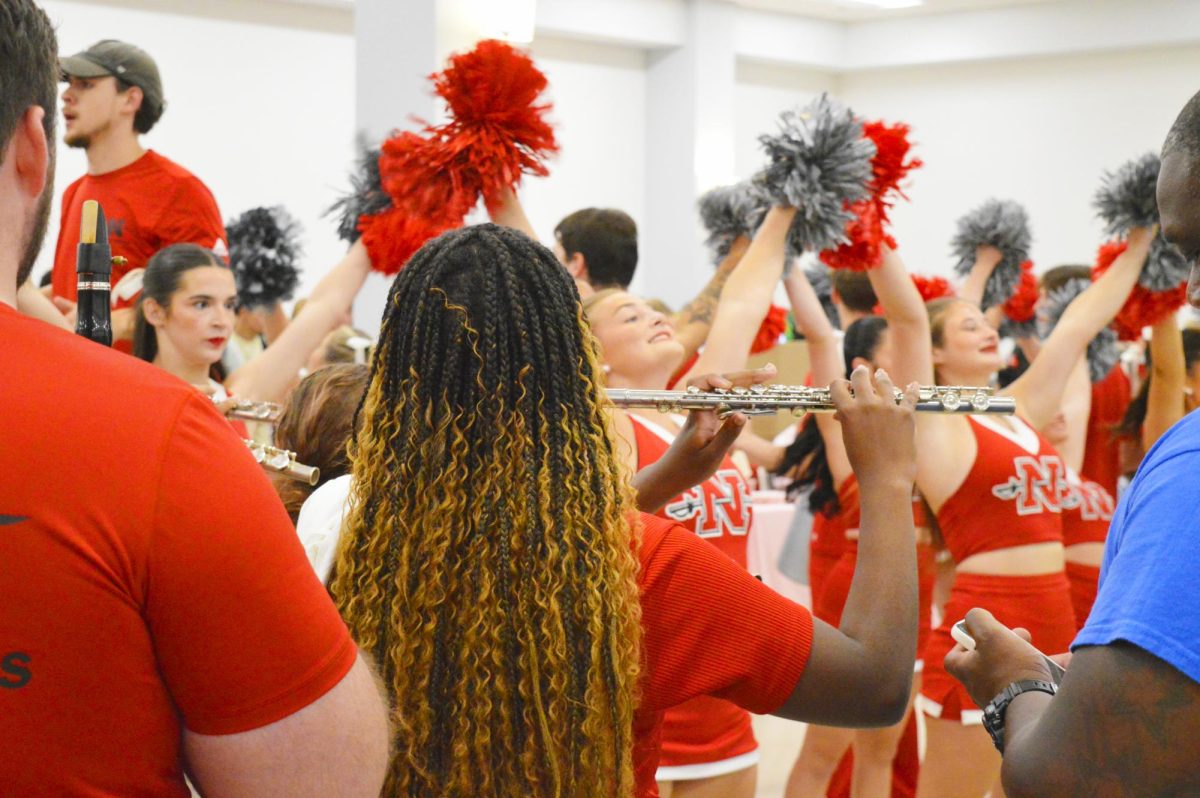Teachers earning degrees from Nicholls pass their initial certification exams at much higher rates than their counterparts at other colleges and universities in the state.Out of 150 students who completed the Nicholls Teacher Education Program in 1999-2000, 141 (94 percent) passed the PRAXIS teacher certification exam on the first attempt, Dr. Obie Hill, dean of the College of Education, said.
The statewide passage rate was 87 percent.
The PRAXIS exam consists of many components.
“The PRAXIS is designed to evaluate a teacher’s readiness for certain parts of the teaching profession,” Hill said.
“The first three parts of the PRAXIS is called the Pre-Professional Skills Test. That is supposed to evaluate a person’s readiness to go into the teacher-education program.”
The PPST, testing for basic skills, consists of three sections: reading, writing and mathematics.
“Basically, the state is saying that if a person cannot pass basic skills, then he can’t hope to go in and teach children basic skills. The next part of the PRAXIS is the content specialty area,” Hill said.
The content specialty area test is designed to evaluate how well a teacher candidate is prepared in his undergraduate program. This test covers content knowledge as well as educational and management skills.
“It covers the whole spectrum of what teachers will be doing in the classroom,” he said.
Hill said the PRAXIS is serving the function the National Teacher Examination once served.
“The NTE was basically measuring what you know, and the PRAXIS is getting at not only what you know, but what you are capable of doing,” he said.
He is confident of the results.
“We feel like we have one of the best teacher education programs in the state. We are still dealing with a population of students which is, for the most part, first-generational. So, we take a lot of students who need remedial courses when they come into Nicholls, and we have one of the highest PRAXIS passing rates in the state.
“If you want to use a sports analogy, at some universities they start at the 20-yard line, and at Nicholls we start at the one-yard-line, but we still finish. We’re still hitting the end zone,” Hill said.
“So, because of our strong content over in the College of Arts and Sciences and because of our strong pedagogical faculty, plus the fact that we mix a lot of content and pedagogy even in our methods courses, we feel like we are really preparing the students, and the test scores are evidence of that.”
Louisiana has admission standards for teacher education programs.
“We follow the state requirements for admitting people into teacher education really closely. You have to have a 2.5 [GPA] and you have to pass the PPST to get into teacher education,” Hill said.
The requirements, written into state statutes, are not only a component of certification, but a requirement for entry into the Teacher Education program at Nicholls.
Change is a constant at universities, and changes will soon come for the College of Education.
“Effective this fall, we are saying you have to have all parts [of the PRAXIS] passed before you can student-teach,” Hill said.
Also, the state will have a new certification structure, facilitated by recommendations from the Blue Ribbon Commission.
“In the first annual report, they recommended that the certification structure in Louisiana be redesigned from grades one through eight and seven through 12 into four areas, not two.
“You’ll have a pre-K to three certification, a one through six certification, a four through eight certification and a seven through 12 certification,” Hill said.
“The curriculum is supposed to go into effect in the fall of 2002.”








